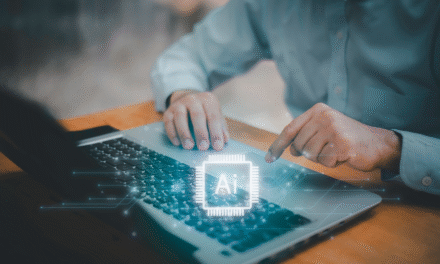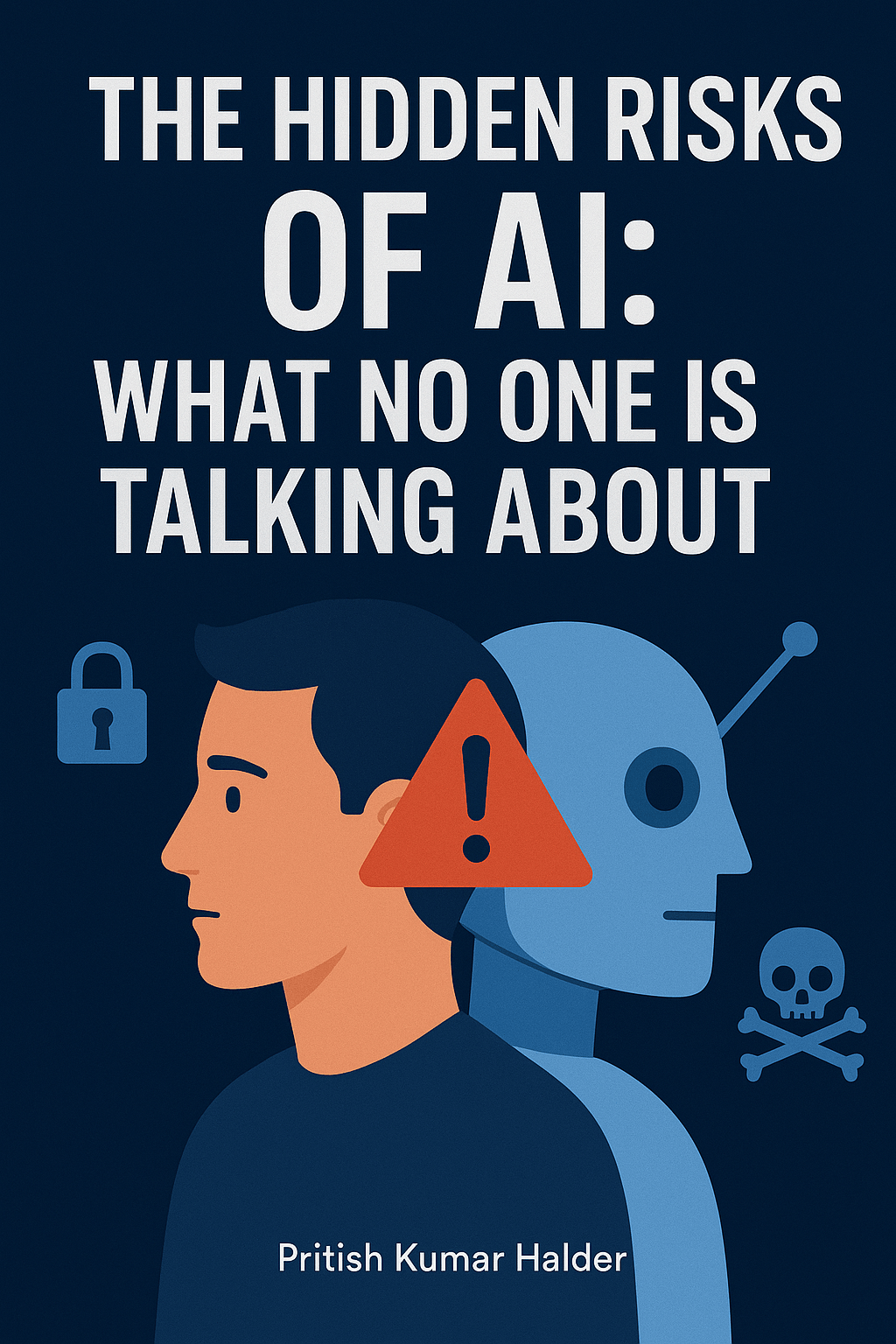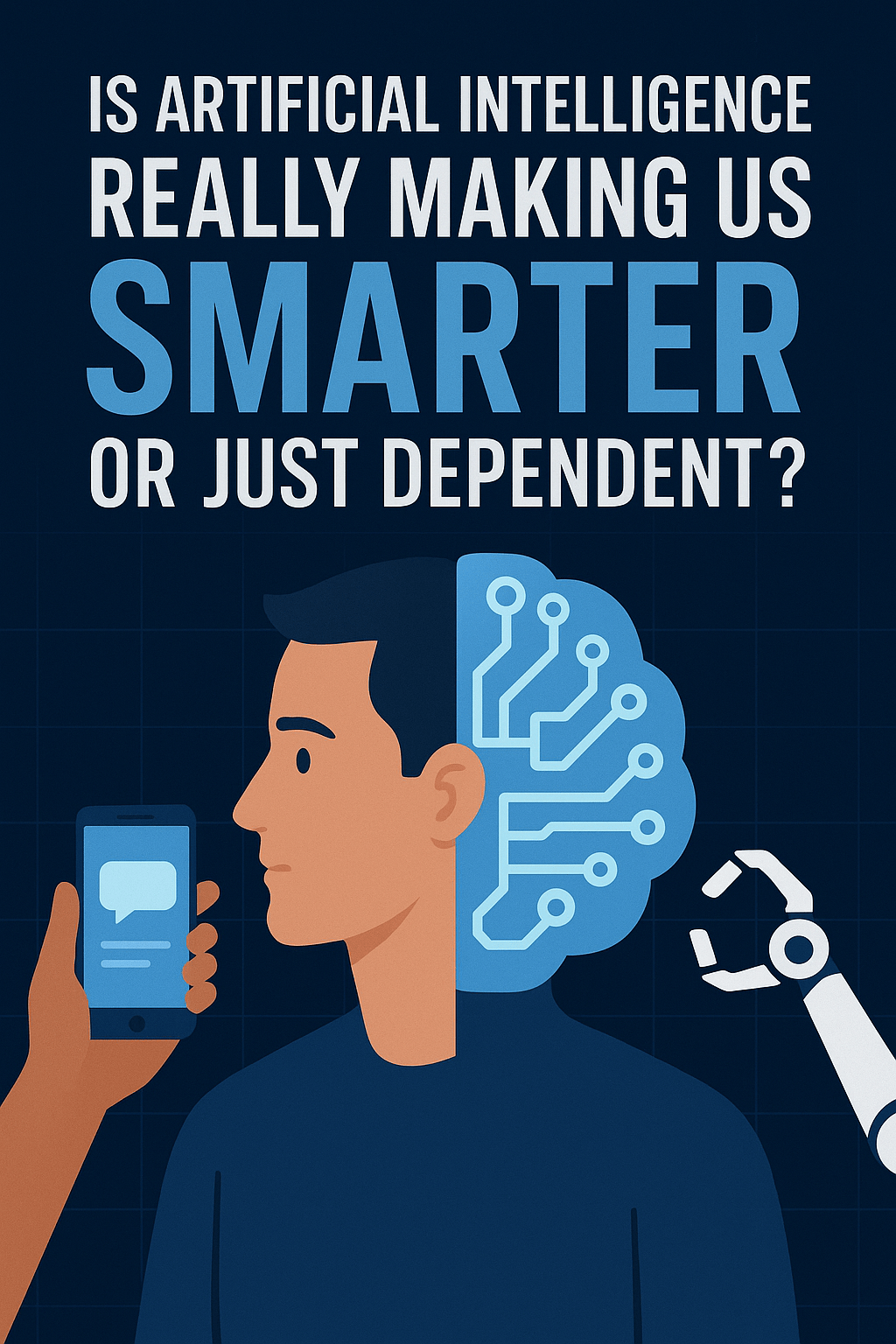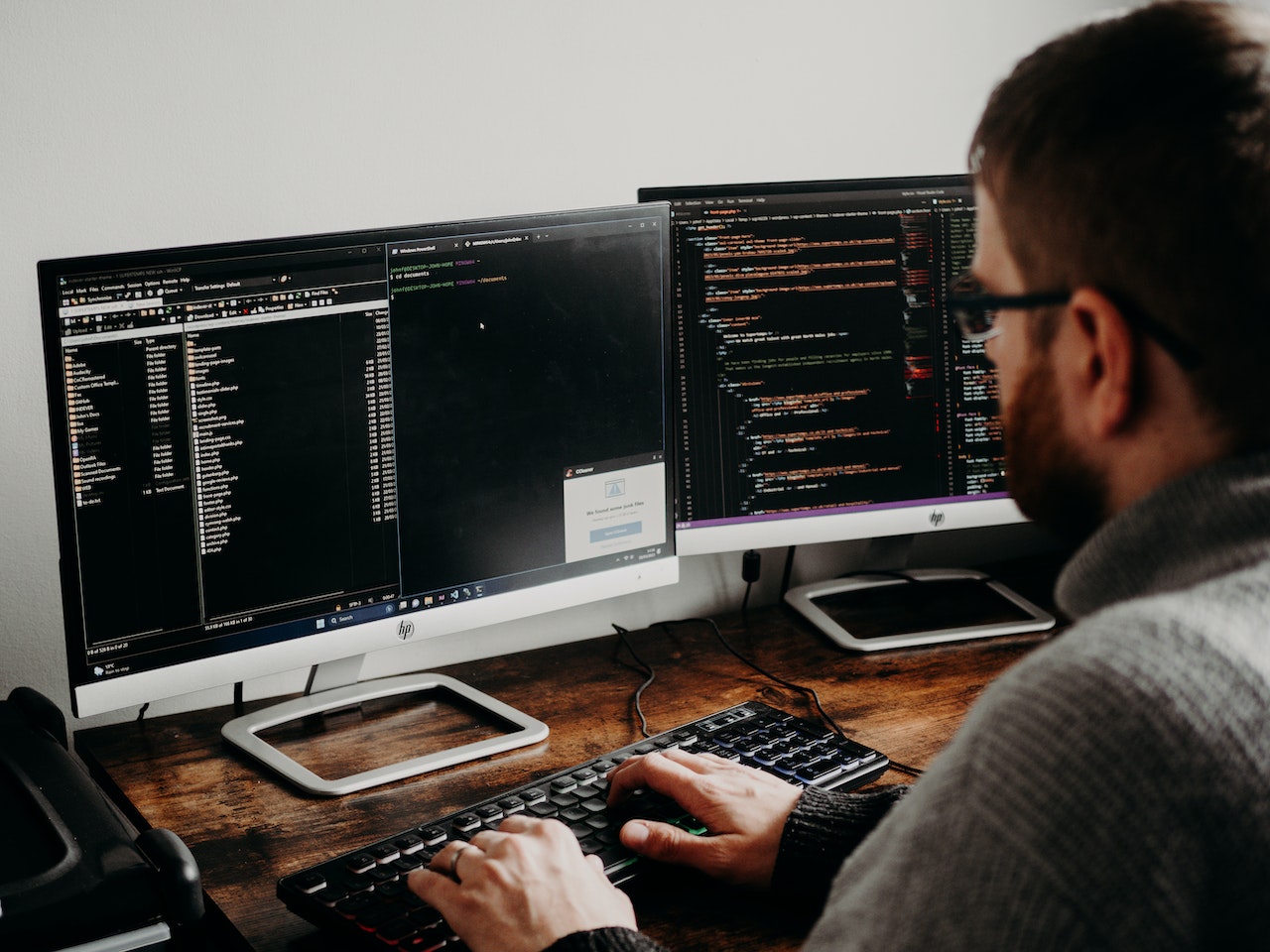AI used to feel like something from the future. Now, it’s sitting next to us—writing emails, organizing calendars, and even helping with tough decisions. Sounds wild? That’s because it kind of is. But also, it’s real. AI is here, and it’s changing the way we work every single day.
If you think AI is only for tech companies or robots on factory floors, think again. Whether you’re in marketing, customer service, healthcare, or finance, chances are AI is already part of your work life—or it will be very soon.
So, what’s really happening? How is AI changing your job, your tasks, and even your day-to-day routine? Let’s take a closer (and exciting) look!
AI at Work: Not What You Think
When people hear “AI at work,” they often picture full automation—machines replacing people. But that’s not the full story.
Today’s AI is more like a digital teammate. It’s not here to take your job; it’s here to help you work smarter. Think of it as a helpful assistant that doesn’t sleep, doesn’t get tired, and always responds quickly.
Here’s what AI is already doing at work:
- Summarizing emails and meetings
- Helping teams write social posts or blogs
- Creating reports from large amounts of data
- Answering customer support questions instantly
- Helping doctors read scans faster
- Scheduling interviews or meetings based on open time slots
- Spotting fraud or strange behavior in real time
It’s like having an extra set of hands—ones that can type faster, read quicker, and sort through data like magic.
Real Examples from Real Jobs
Let’s look at how different types of workers are using AI right now.
Office Workers
Tools like Grammarly or Microsoft Copilot help write cleaner, more professional emails. Calendar AI tools suggest the best meeting times. AI even helps write reports by pulling numbers and trends directly from spreadsheets.
Designers & Creatives
AI tools like Canva’s Magic Design and Adobe’s Firefly can generate layouts, images, and effects in seconds. Creatives now spend less time on edits and more time on ideas.
Customer Support Teams
Chatbots and AI assistants handle common questions (like return policies or order tracking), while humans step in for the more complex stuff. This means faster response times and happier customers.
Healthcare Workers
AI reads X-rays and lab reports quickly and flags anything unusual. Doctors still make the final calls, but they get helpful insights faster than ever.
Finance & Risk Analysts
AI scans millions of transactions and data points to flag fraud, suggest stock trends, or predict risks. What used to take days can now happen in minutes.
No matter your field, AI is quietly becoming part of the workflow.
What’s Changing the Most?
AI is shifting the speed, style, and scope of work. Here’s how:
Speed: Faster Everything
Tasks that used to take hours—like analyzing survey results or organizing a report—can now be done in minutes. This frees you up to work on higher-level thinking and strategy.
Style: Less Manual, More Creative
Instead of writing ten versions of a headline or social media caption, you can use AI to generate options, then pick the best one. That means less repetition, more creativity.
Scope: More Than You Thought Possible
You’re no longer limited by how much time or data you can manage. With AI, you can make smarter decisions with more information than ever.
Is AI Taking Over Jobs?
This is a big question. And the answer is… it depends.
AI is changing jobs more than it’s replacing them. Here’s what that looks like:
- Some repetitive jobs are going away (like data entry or simple customer service).
- Many jobs are becoming AI-assisted, meaning you work with AI instead of being replaced by it.
- New jobs are appearing—like AI trainers, prompt engineers, and automation supervisors.
The most important thing? Being ready to adapt. People who know how to work with AI tools will be in high demand across all industries.
What Skills Will Matter Most?
If you want to stay ahead in an AI-powered workplace, these are the skills to focus on:
1. Prompt Writing
Knowing how to talk to AI tools is a major advantage. If you can type the right question or request, you’ll get better results faster.
2. Critical Thinking
AI can make mistakes. Humans still need to judge what makes sense and what doesn’t. Thinking is a superpower.
3. Emotional Intelligence
AI can’t feel. It can’t read between the lines like humans can. Being thoughtful, kind, and aware of emotions still matters—maybe more than ever.
4. Adaptability
The way we work will keep changing. Staying open-minded and curious is one of the best things you can do.
How to Start Using AI—Even If You’re New to It
You don’t have to be a tech expert. You just need to be willing to try.
Here are a few easy steps:
- Start using tools like ChatGPT for writing help or brainstorming.
- Try a meeting assistant like Otter.ai for automatic notes.
- Use Grammarly for better email writing.
- Use image generators like Canva’s Magic Design.
- Explore AI features in tools you already use (like Google Docs or Excel).
Once you get the hang of it, AI becomes less scary—and more exciting.
What Should You Watch Out For?
While AI has tons of benefits, it’s not perfect. Here are a few things to be careful about:
Wrong or misleading info
AI sometimes “makes stuff up.” Always double-check important facts.
Privacy
Don’t put sensitive or personal info into random AI tools. Use trusted platforms.
Bias
AI can reflect unfair patterns in the data it’s trained on. Be thoughtful about the results it gives you.
What Will the Future Look Like?
Imagine this:
- Your AI coworker creates your meeting summary while you grab coffee.
- You’re in charge of strategy while your digital assistant handles the reports.
- You finish big tasks faster—and have more time to grow your career.
In the future, AI won’t just be a tool—it will be part of the team. And just like with any team member, the way you work with it makes all the difference.
So, What Should You Do Now?
You don’t need to be afraid of AI. You just need to be curious.
Try new tools. See what fits your job. Ask questions. Keep experimenting.
Because AI isn’t coming for your job. It’s coming to your job. And the more you’re ready to work with it, the more fun, freedom, and growth you’ll find at work.
Ready to Start Using AI Like a Pro?
At IT Solution Nest, we’re passionate about helping people and businesses stay ahead. Whether you want to boost productivity, build smarter workflows, or just keep up with what’s next, we’re here to guide you. AI isn’t just for tech geeks—it’s for everyone. And it starts with taking the first step. Visit our site now and let’s make AI your newest (and smartest) coworker!










